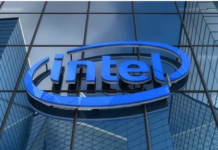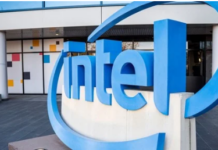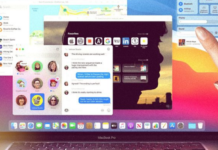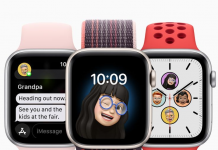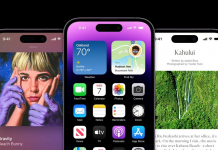An antitrust case for competition and a revised business model in the digital domain
In effect, the judge at the Court of Appeals has supported the FTC’s ability to open the trial at all to deal with Meta, which is trying to maintain the level of control in the social media and messages sharing sphere. The FTC alleges that Meta has violated the antitrust laws that would have wanted to ensure that no single power plants were dominant in the market. Meta faces the lawsuit over two ballooning platforms namely, Instagram and WhatsApp which the FTC says give Meta a hold on a significant proportion of the world’s users. In its current form, according to the authorities, it is dangerous due to the high concentration, which will limit choices and development. It is viewed merely as an attempt to reshape the industry and regulate the further expansion of the greatest technology giants. It goes a long way to many experts as a landmark case in that it will be the first serious antitrust act against Meta and only one of the biggest against a tech behemoth in many years.
Instagram and WhatsApp are two of the most questionable purchases in the tech sector.
The acquisition of Instagram in 2012 for $1 billion and that of WhatsApp in 2014 for $19 billion enabled Meta to gather an ever-wider social network, which integrate photo-sharing, messaging and connections. The FTC in its filings said that these acquisitions were not done with the intention of creating a better form of innovation, or even to offer better service delivery to the users, but more as a way of eliminating potential threats that could posed by any Fac ebook rivals. Through linking Instagram and WhatsApp, Meta guaranteed that the subscribers of these outlets would stay trapped in this ecosystem and therefore there would be no viable options appeared with time. Meta, in response, argues that those purchases have been transformatively US-positive by enhancing functionality, security, and user experience and enabling addition of hitherto unseen services into the digital realm.
Possible repercussion for Meta
Should the FTC succeed in its case, Meta would have to sell Instagram and WhatsApp — something that no other tech behemoth has ever had to do. This decision would significantly undermine the company, whose strength, as it is based on the convergence of user information and specific advertising instruments. Meta could also feel new restraints when purchasing promising tech startups for growth in the market, which is one of Meta’s strategic approaches. Indeed, this lawsuit could dissuade other Microsofts, googles, apple, and amazon, and the likes to pursue similar tactics that see them acquire potential threats. This could also decrease Meta’s margins, and hinder its progress in areas like the Metaverse which the company anticipates on driving its future growth from. A negative outcome could indeed change not only the future of Meta, but also the conditions that govern the industry as a whole.
The challenges of the technology industry and people
Besides Meta, this lawsuit can affect the entire tech sector in a significant manner besides the company in question. If the FTC wins, bigger firms would be next in line for more regulations and oversight on how they compete and manage data. The high regulations among the industry’s dominant players may lead to greater competition with start-ups & other small-scale companies able to enter the market without the danger of being promptly bought out. Paradoxically for consumers, the global and diversified apocalyptic digital environment may provide more opportunities, a clearer view of what is offered, and privacy for personal data. Also, less concentrated market will also led to competition through innovations, meaning that these platforms will be constantly seeking to make new updates to your offerings to keep on attracting customers. Last but not least, new regulation efforts introduced in the presence of tech giants can solve the emerging issues of the use of personal data and the manipulation of content.



